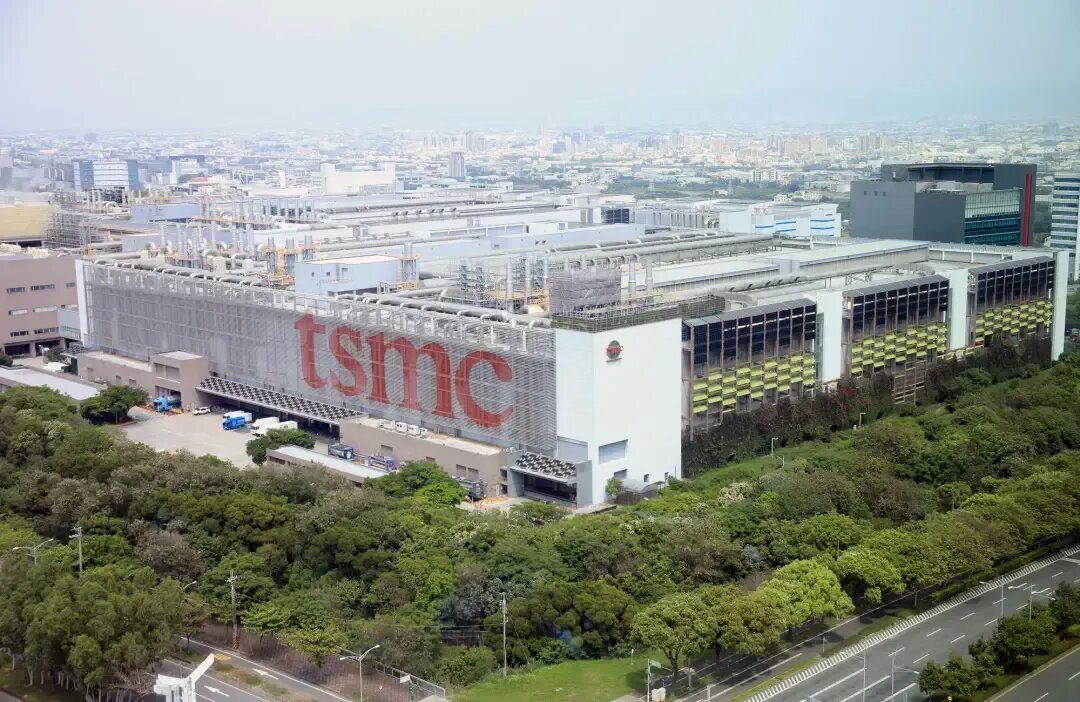
Recently, TSMC announced its revenue data for December 2024, which increased by 57.8% compared to the same period in 2023, setting a new historical high. Its revenue data has repeatedly reached new highs, demonstrating strong market competitiveness. However, by uncovering the prosperous appearance of revenue growth and delving deeper, it can be found that TSMC's development has not been smooth sailing, and many hidden concerns are quietly emerging.
1、 Geopolitically induced supply chain risks
As the world's largest wafer foundry, TSMC has customers all over the world, including well-known companies such as Apple and Qualcomm. However, the current complex and ever-changing geopolitical situation is posing unprecedented challenges to TSMC's supply chain.
The US government continues to suppress China's semiconductor industry for political purposes, while also putting pressure on TSMC. For example, the United States requires TSMC to build factories in the United States and restricts its supply to some Chinese companies. This series of measures has disrupted TSMC's previously stable supply chain layout. On the one hand, the cost of building a factory in the United States is high, with land and labor prices far exceeding those in Taiwan, and the supporting industrial chain is not perfect, which undoubtedly increases TSMC's operating costs. On the other hand, restricting supply to Chinese companies has caused TSMC to lose some important customers. Although it may maintain revenue in the short term due to orders from other customers, in the long run, this undermines the natural competitive environment of the market. Once the political situation further deteriorates, TSMC may face even more severe customer loss problems.
2、 Technological iteration pressure and R&D dilemma
The semiconductor industry has a very fast pace of technological updates, and although Moore's Law is gradually approaching its limit, the industry's pursuit of technological progress has never stopped. TSMC has always been ahead of its peers with advanced process technology. However, as the process technology advances towards 3 nanometer, 2 nanometer, and even more advanced nodes, the difficulty of research and development is exponentially increasing.
From the perspective of research and development costs, the development of advanced processes requires significant capital investment. It is estimated that TSMC has invested billions of dollars in the research and development of 3-nanometer processes. Such high research and development costs have put increasing financial pressure on TSMC. If the subsequent research and development results cannot be transformed into market competitiveness and achieve sufficient revenue growth to cover costs, it will have a serious impact on the company's profitability.
3、 Shortage and potential risks of talent loss
The semiconductor industry is a typical technology intensive industry, and talent is the core driving force for enterprise development. TSMC's current achievements are inseparable from a large number of outstanding semiconductor professionals. However, TSMC is currently facing a dual dilemma of talent shortage and loss.
The rapid development of the semiconductor industry worldwide has led to a sharp increase in demand for professional talents, and the competition for talent has become increasingly fierce. Although TSMC has a certain talent reserve advantage in Taiwan, it is facing the risk of talent poaching as other countries and regions increase their support for the semiconductor industry, such as the United States attracting global semiconductor talent through the Chip and Science Act. Moreover, the local talent cultivation speed in Taiwan is unable to meet the expanding business needs of TSMC, and the talent shortage problem is gradually becoming prominent.
4、 Market saturation and intensified competition
Although the global demand for semiconductors remains strong, some segmented markets have shown signs of saturation. Smartphones, as an important market area for TSMC, have seen a gradual decline in global smartphone shipment growth in recent years, even in some years. As the smartphone market gradually saturates, the growth in demand for smartphone chips will also be limited. Although the development of 5G technology has brought certain upgrade requirements for mobile phone chips, the sustainability of this growth is uncertain.
At the same time, the competition in the semiconductor foundry market is becoming increasingly fierce. In addition to Samsung and other traditional competitors, semiconductor OEM enterprises in Chinese Mainland, such as SMIC International, are also growing. SMIC is continuously improving its technological level and production capacity in the mature process field, gradually eroding its market share.
In summary, although TSMC's current revenue has repeatedly reached new highs, it faces many hidden concerns in various aspects such as geopolitics, technology research and development, talent, and market. These issues are like the hanging sword of Damocles, constantly threatening TSMC's future development. If TSMC wants to maintain its leading position in the complex and ever-changing market environment in the future, it must actively respond to these challenges, formulate reasonable development strategies, and resolve potential risks in order to achieve sustainable development.

Below is the English translation of the text, with precise handling of political terms, consistent sentence structures, and preservation of the original’s analytical tone and logical flow:
Below is the English translation of the text, with precise …
On December 15 local time, Trump took the British Broadcast…
In recent years, the application of artificial intelligence…
According to Yahoo US media reports, the recent remarks of …
After 11 years of waiting in the deep sea, we finally have …
On December 17, 2025, the newly renovated American "Preside…